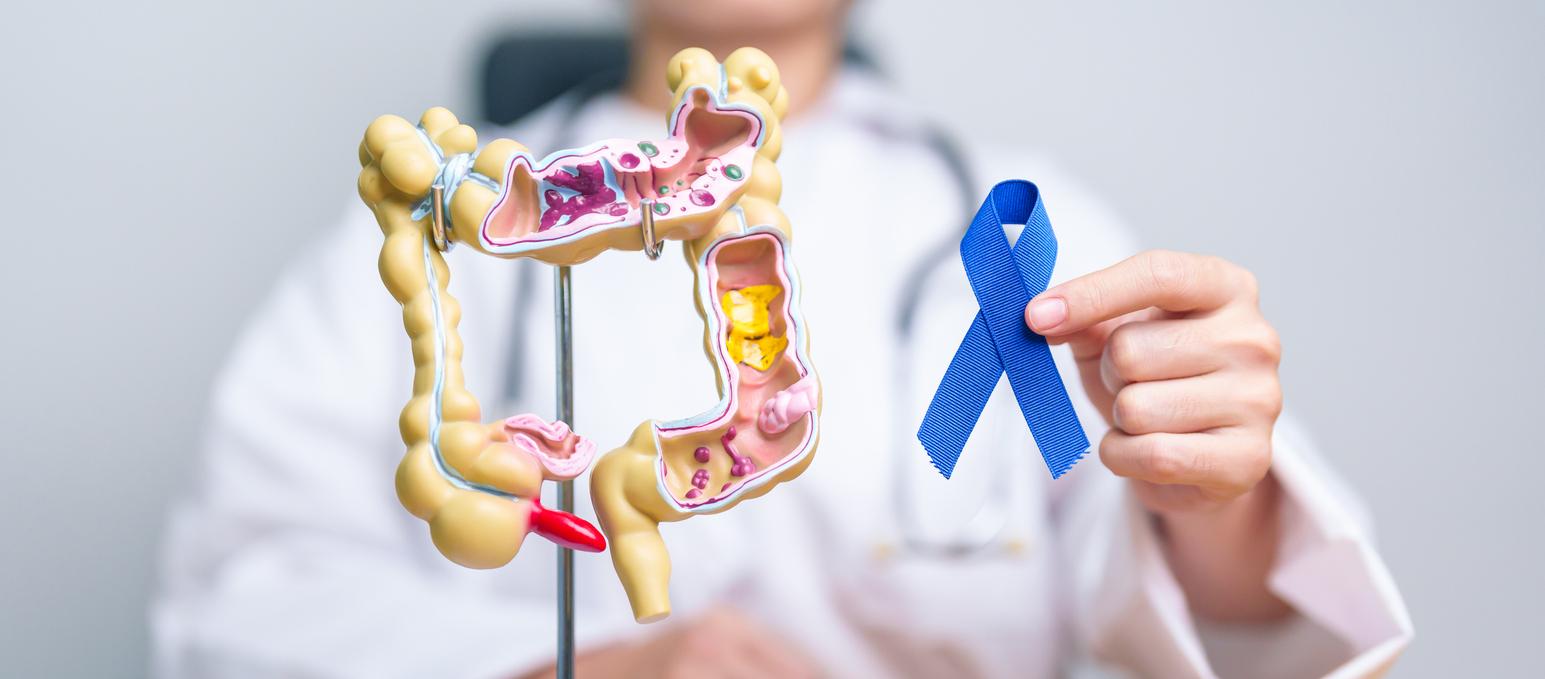Chronic stress disrupts the balance of the intestinal microbiota. In cases of colorectal cancer, this can accelerate the growth of the tumor.

- Chronic stress disrupts the balance of the intestinal microbiota.
- In patients with colorectal cancer, this accelerates tumor growth.
- Treatments based on Lactobacillus, “good” bacteria, help counter this effect.
Stress is bad for your health, especially in cases of cancer. Researchers demonstrated this by presenting the conclusions of their study at the United European Gastroenterology Congress 2024. Their work reveals that chronic stress disrupts the balance of the intestinal microbiota and this accelerates the progression of colorectal cancer.
How does stress accelerate colorectal cancer?
To demonstrate this, the researchers used laboratory rats. They artificially stressed animals suffering from a form of colorectal cancer, while eliminating certain gut bacteria. This allowed them to demonstrate the existence of a link between stress and the microbiota in the context of this pathology. “In our study, we used an antibiotic cocktail (vancomycin, ampicillin, neomycin and metronidazole) to eradicate the intestinal microbiota, says lead author of the study, Dr. Qing Li. Then we performed a fecal microbiota transplant to determine whether the microbiota is necessary for chronic stress to accelerate the progression of colorectal cancer..” Their observations show that chronic stress accelerates tumor growth and decreases the amount of “good bacteria”including Lactobacillus. These are essential to enable an immune response against cancer.
Colorectal cancer: “good” bacteria help fight it
Secondly, the research team focused on CD8 + T cells. According to the authors, they “play a crucial role in the body’s anti-tumor immunity and the progression of colorectal cancer.”. They wanted to understand the effect of bacteria from the Lactobacillus family on these cells. To do this, they supplemented the mice with these bacteria while artificially subjecting them to chronic stress. “Through fecal analysis, we found that Lactobacillus plantarum (L. plantarum) specifically regulates bile acid metabolism and improves CD8+ T cell function, expands Dr. Li. This indicates how Lactobacillus can improve anti-tumor immunity.” In rodents, the growth of tumors and their formation slowed down.

New treatments for colorectal cancer?
For these authors, the results show the potential of Lactobacillus-based therapies in the treatment of patients, particularly those suffering from chronic stress. “Combining traditional anti-tumor drugs with L. plantarum supplementation could be a viable therapeutic strategy for colorectal cancer patients prone to chronic stress“, estimates Dr. Li. For the future, the scientist and his team want to collect fecal and tumor samples from patients with colorectal cancer. This will allow them to analyze changes in the intestinal microbiota in people with stress and without chronic stress, and to verify the observations made in mice.


















